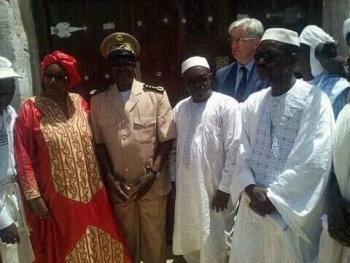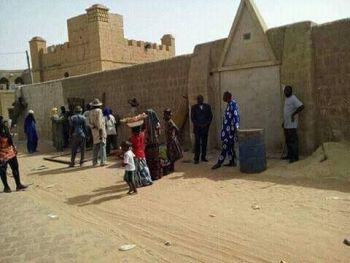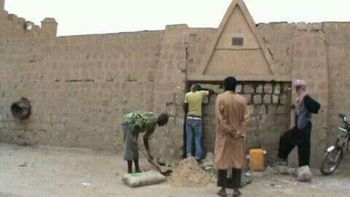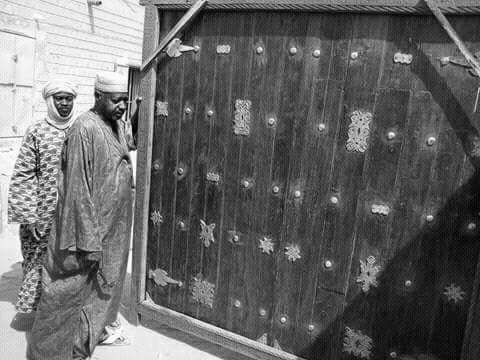Cowboys in the Sahara
Posted on
Next month, my book will be published in the U.S. I hope people are interested in the subject - at the moment, the election is dominating all the chatter, but maybe once that's over people will be keen to see what's going on in the rest of the world. There's certainly a lot of reasons why Americans should be paying attention to North Africa. The failure to plan for the aftermath of the 2011 Libyan offensive has been cited by President Obama as the 'worst mistake' of his presidency; it's an offensive in which Hillary Clinton was heavily involved; whilst Donald Trump has bragged about doing business with Colonel Gaddafi. I've written about the Libyan/North African connection, in terms of the US election, in an opinion piece for The Daily Beast, which you can read here.
I was in Mali when the fallout from Gaddafi's demise started percolating across the region. I remember my nomad guide pointing out the plush tents that were starting to appear. 'There are too many strangers in the desert,' he told me. Little did I know just how catastrophic the presence of these strangers would become - Mali is still struggling to deal with the impact of their insurgency. On the other hand, the conflict also raised longstanding issues that need to be dealt with, in terms of development and investment in Northern Mali and the way its more 'remote' communities are treated by the government in Bamako. It's a knotty matrix of issues, and looks like it will take many years to untangle.
As far as the US election is concerned, whoever wins will have a massive responsibility to have a positive impact in North Africa, just as in the Middle East. Gains against Islamic State notwithstanding, there's no point celebrating until we know where the jihadists have gone - that goes for Libya, as much as Iraq. As for Syria, the task is to release one of the most fascinating, diverse countries in the Middle East from the proxy wars that have been grafted onto its own formidable internal tensions. It's hard, looking at the world leaders currently available, to have a lot of hope.



